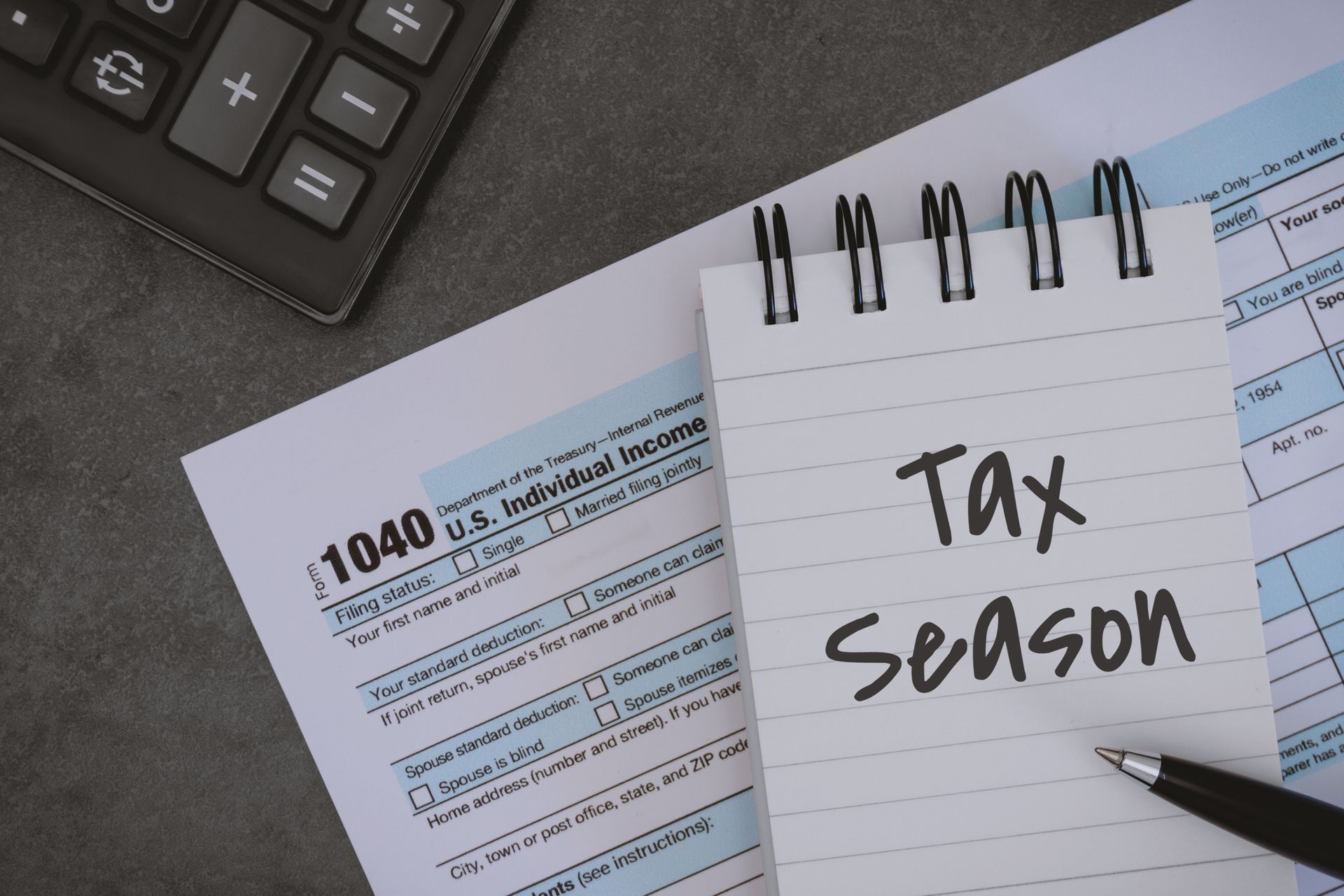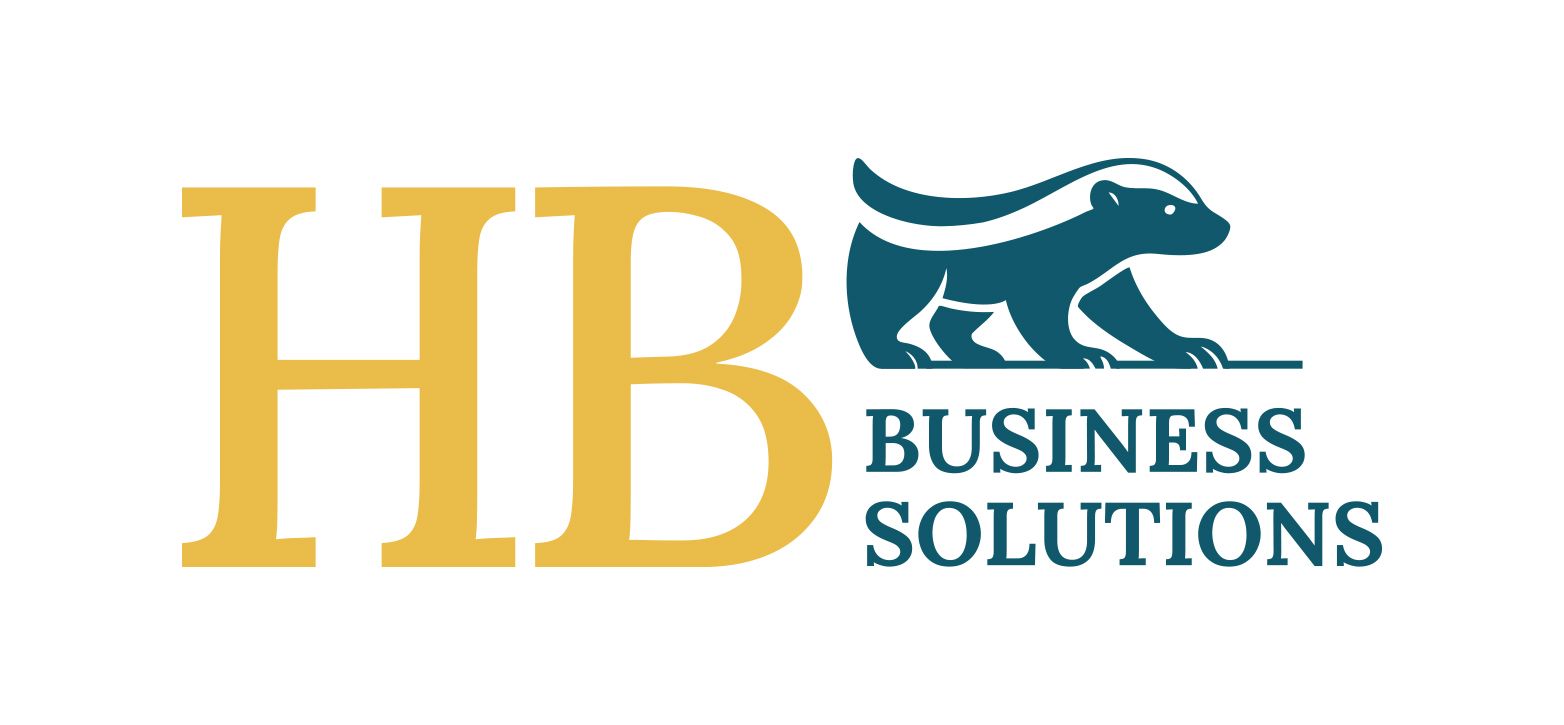Preparing Your Books for Tax Season: A Small Business Owner’s Guide
Why Preparing Your Books Matters
Tax season isn’t just about compliance—it’s about protecting your business and maximizing savings. Here’s why small business tax preparation should be a priority:
- Avoid IRS Penalties and Interest
Late or inaccurate filings can cost you. Clean books ensure timely, accurate tax returns. - Maximize Deductions
Organized records help you capture every deductible expense—office supplies, mileage, marketing costs—so you don’t leave money on the table. - Reduce Stress and Save Time
Preparing early means fewer headaches and more time to focus on your business. - Better Financial Decisions Year-Round
Accurate bookkeeping isn’t just for taxes—it helps you manage cash flow and plan for growth.

Step-by-Step Guide to Tax-Ready Books
1. Gather Essential Financial Documents
Your tax preparer will need:
- Profit & Loss Statement
- Balance Sheet
- Bank and Credit Card Statements
- Payroll Records
- Receipts for Business Expenses
- Mileage Logs
- Loan Documents
Tip: If you use QuickBooks or Xero, generate these reports with a few clicks.
2. Reconcile Your Accounts
Match your books to bank and credit card statements to ensure:
- No missing transactions
- No duplicates
- Accurate cash balance
Example: If your bank shows $10,000 but your books show $9,500, you may have missed recording a deposit.
Pro Tip: Reconcile monthly to catch errors early.
3. Categorize Expenses Correctly
Misclassified expenses can trigger IRS audits or missed deductions. Common categories:
- Office Supplies
- Travel & Meals
- Advertising & Marketing
- Utilities
- Professional Services
Example: A client lunch belongs under “Meals and Entertainment,” not “Office Supplies.”
PRO Tip: Use accounting software rules to automate expense categorization.
4. Separate Business and Personal Finances
Mixing expenses is a common mistake. Use a dedicated business account and credit card.
Example: Buying groceries with your business card creates unnecessary cleanup later.
5. Review Accounts Receivable and Payable
- Accounts Receivable: Ensure all income is recorded and invoices tracked.
- Accounts Payable: Verify bills are entered and paid on time.
Tip: Send reminders for unpaid invoices before year-end to boost cash flow.
6. Organize Supporting Documents
Digitize receipts and invoices. Cloud storage or accounting software with upload features saves time.
Example: Snap a photo of receipts and upload them immediately.
7. Consult a Professional Early
Even if you manage your own books, a tax professional can:
- Identify deductions
- Ensure compliance
- Plan for estimated taxes
Tip: Schedule a consultation in December, not March.
Common Pitfalls to Avoid
- Procrastination
- Ignoring Payroll Taxes
- Not Backing Up Data
Tax Season Checklist
✅ Reconcile accounts
✅ Categorize expenses
✅ Separate business and personal transactions
✅ Review receivables/payables
✅ Organize receipts digitally
✅ Generate financial reports
✅ Meet with your tax advisor
Let HB Business Solutions Help You
Tax season doesn’t have to be stressful. At HB Business Solutions, we help small business owners stay organized, compliant, and confident. Whether you need bookkeeping cleanup, tax-ready financial statements, or ongoing support, we’ve got you covered.
📧
Email us at
tshearer@hb-bs.net
🌐
Visit HB Business Solutions
Start now—make this tax season your smoothest yet!
